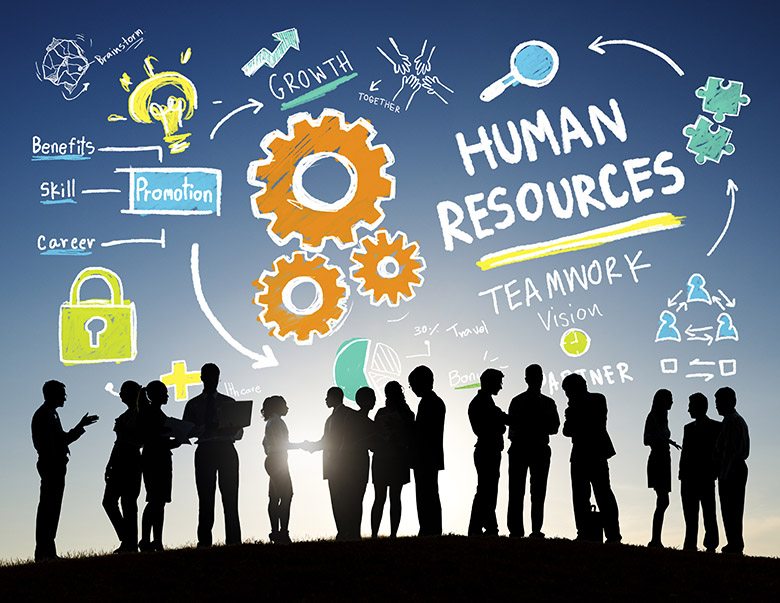It is a well-known fact that we are immersed in a knowledge economy: companies are clamoring to attract the best engineers, products are becoming increasingly sophisticated and the most successful companies are the ones that stand out for their human capital. Less well-known, however, is the role that human resources departments are playing in this transformation: in recent years, HR has been gaining increasing prominence on account of its role in recruiting and managing staff, developing talent within the organization and spearheading initiatives in the area of digital transformation.
These two trends (the knowledge economy and the importance of human recourses) go hand in hand: if people are a company’s most valuable asset, it makes sense that the department that manages them is also one of the most important in the organization. There are at least three challenges that make Human Resources one of the most important departments for companies in the 21st century:
1 – Competition for talent
In several industries, talent is scarce and it can mean the difference between success and failure. Hence, HR departments not only have to strive to hire the best (or steal them from the competition), but also to provide staff with the professional growth they demand, good working conditions and the best training and development opportunities. In the knowledge economy of the 21st century, talent is probably the most valuable commodity. And it is the HR department’s responsibility to find it and make sure it stays in the company.
2 – Technological change
Employees view the technological changes that are transforming our economy and society with equal measures of excitement and apprehension. On the one hand, the HR department has to help them to manage this change and prepare them for the new tools that are transforming the labor market; on the other, it has a much greater responsibility in steering the company through the digital transformation journey and adapting the organization to changing times. HR departments must be the first to “be digital” and bring the digital transformation to all employees. The company’s fate may depend on this.
3 – Increasingly diverse companies
Another area in which HR departments are becoming increasingly important is in dealing with the growing diversity of the workforce. The global nature of businesses is leading to greater multiculturalism within companies. While this is a great source of enrichment for companies, it also presents challenges when it comes to managing people with different values and beliefs.
In addition, more and more, companies have to contend with generational diversity in the workplace: employees over the age of sixty (increasingly approaching seventy) are working alongside recently graduated Millennials. Each generation has very different needs and demands, all of which have to be taken into account by HR when managing a multigenerational workforce.
These three challenges, which affect many other areas of the company as well, are placing HR departments at the forefront of a transformation facing companies all over the globe. A recent report by Deloitte Consulting aptly sums up these important new responsibilities:
“In an age of disruption, business and HR leaders are being pressed to rewrite the rules for how they organize, recruit, develop, manage, and engage the 21st-century workforce.”
A huge responsibility for an increasingly important department.

